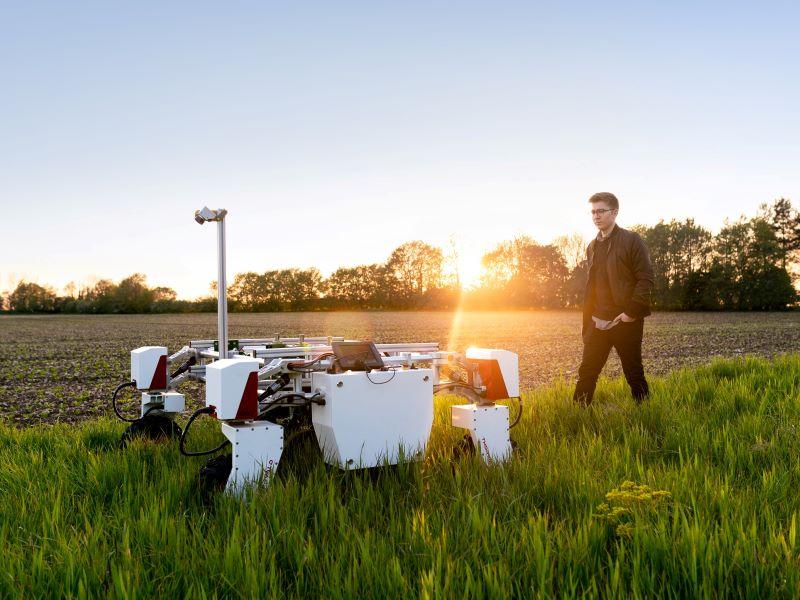
Now is the time to design a system in which all learning counts

You may also like
Tara’s family never had much money, but her mother instilled in her a love of learning from a young age. Tara’s mum had grown up with dyslexia and little support. She wanted better for her bookworm daughter and stressed the importance of going to college. As a young adult, Tara worked full time in order to take affordable college courses online. But she struggled to balance work and family demands with the demands of college. Refusing to give up, she began working for another company − one that was more supportive of her aspirations and provided tuition assistance as a benefit.
Then the pandemic arrived and Tara was temporarily sent home from work amid nationwide lockdowns. Her grandmother also fell ill and was hospitalised. Tara’s mental health declined as she struggled to take care of her family, pay her bills and keep working towards her degree. She soon quit her studies to focus on supporting her loved ones − becoming one of the 36 million Americans who have attended college but are yet to earn a degree. “I love to learn,” Tara says. “But my mental health had been so all over the place that I couldn’t even face having to do more programmes. It would be one more box on a list of things that I need to accomplish.”
Higher education and employers must work together to redesign our systems to accommodate the complex lives of students like Tara. Aspiring learners need a more flexible approach to education that allows for − and fully recognises − incremental learning. They need a system that helps students work toward multiple possible futures, and one that ensures they don’t so easily leave empty-handed if life gets in the way.
- There’s no room for complacency: act now to improve digital inclusion
- Displaced workers deserve more than short-termism from universities
- Overcoming barriers to accessible and inclusive digital learning
Many working adult learners understand intuitively that we’re no longer living in a world where a single, linear career path is typical or even desirable, yet higher education and employers still largely validate and accept only one pathway: the degree. This pathway is part of a legacy system that does not account for the necessity of continuous learning, and it bolsters deeply entrenched inequalities along lines of race and class.
In her equityXdesign framework, Caroline Hill, an expert in equity-centred design, argues that ceding power is a key step in designing new systems of education. Ceding power means looking at legacy systems in their historical context and shifting the gradient of power between those who design the systems and those who must be served by the new systems.
As Hill explains: “If we can agree that the legacy system is a relic of the past, those of us with the most power and privilege must acknowledge that, do the hard work of acknowledging the resilience of the relics and their influence on the present (even when we benefit), cede power and release those habits, practices and ways of being.”
Our conventional, top-down approach fails to recognise that working adults often already possess many of the skills critical to the future of work. Forward-thinking leaders across higher education and business recognise the value of cultivating both of-the-moment, perishable, technical skills and more durable, uniquely human skills that have the potential to sustain people’s long-term career goals. Schools and companies must learn to recognise, nurture and validate these durable skills, even when they do not arise from a formal educational setting.
This approach − which we call Credit for X − acknowledges and recognises the variety of methods by which students gain experience, skills and competencies outside traditional school environments. Currently, institutions often independently decide which learning to validate, and employers independently decide which learning should serve as a hiring signal.
Universities and employers should instead work together to think critically about building flexibility into the pathways between learning and careers. Today, universities and employers work together to award credit hours that count toward a degree based on an employee’s participation in on-the-job training − but the next evolution of this collaboration can be deeper and more meaningful.
Such a system should also better account for the learning students acquire on their way to a degree. We’re seeing our employer partners promote their employees who are working to graduate or obtain a degree at roughly double the rate of their peers who don’t take advantage of education benefits.
Institutions and individual states are creating policies to ensure non-degree credentials are stackable, meaning students earn credentials along their educational path and not just when they graduate years later. Promising efforts such as the State University of New York’s “Credential as You Go” are working to build scalable and sustainable ways for higher education to create these pathways. At the centre of this initiative is incremental credentialling, which ensures that all post-secondary learning is captured and easily demonstrated to employers. Portability is crucial because many learners will end up accessing education across multiple institutions throughout their learning and working years.
Unfortunately, as the Competency-Based Education Network’s executive vice-president Amber Garrison Duncan notes, we have yet to embrace these strategies at scale. “Instead,” she says, “we lock learners out of further education opportunities and reinforce a message that has been sent time and time again: that we value only a particular type of learning rather than what someone actually knows and can do.”
Building a world where all learning counts requires deeper work than simply recognising previous credits and training. It requires changing the way we think about how knowledge and skills are acquired. And it requires humanising the conversation. Massive social and political disruptions in recent years have created the conditions to redesign existing systems. Employers and universities should embrace this moment and support upward mobility for the humans − especially BAME workers − who make their work possible.
Lisa McIntyre-Hite is a senior principal at Guild Education. Her professional passion is rooted in taking measurable steps to address inequity in educational systems.
Mackenzie Jackson is a researcher and content developer at Guild Education. Her work focuses on understanding the whole-person experience of working adult learners.


